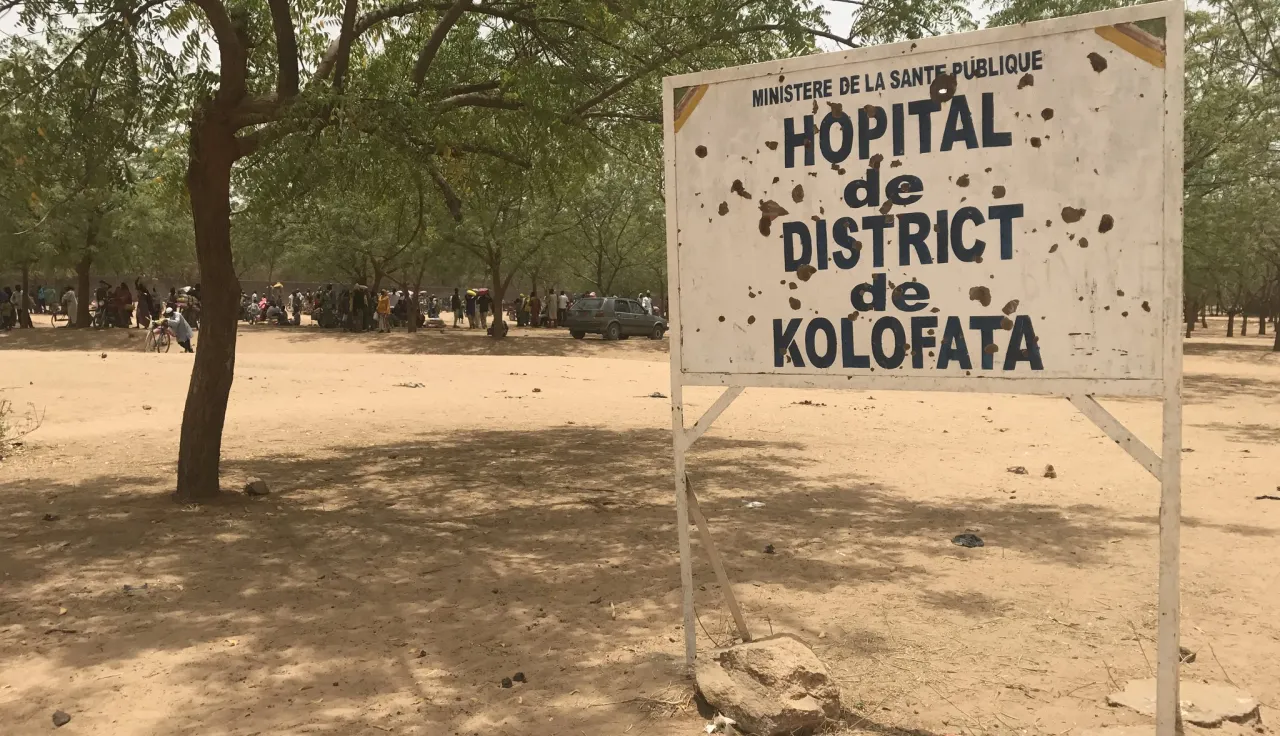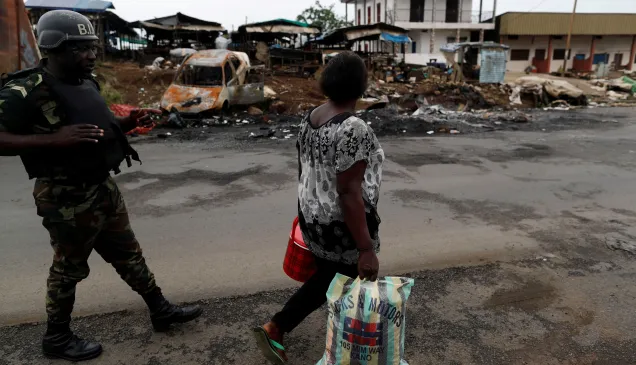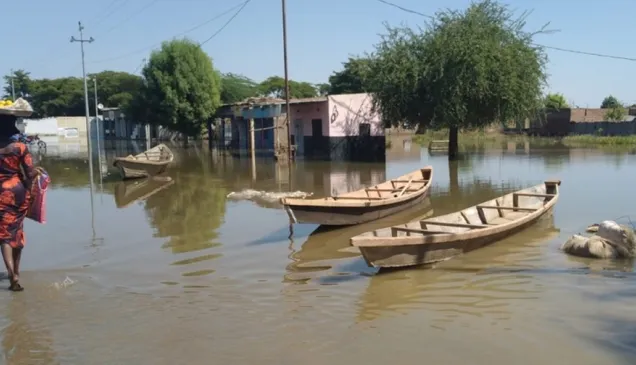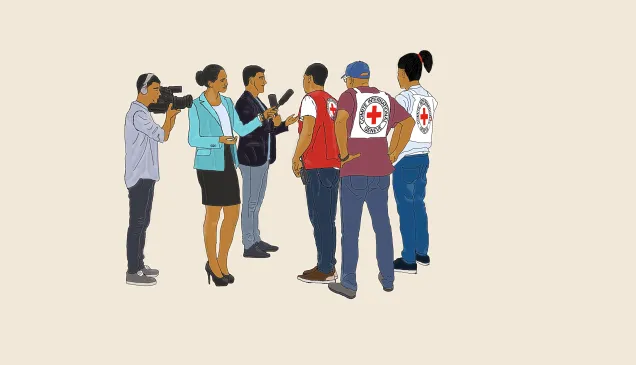Cameroon: The major challenge of accessing health care in violence-affected areas

In the context of armed conflict and violence, the International Committee of the Red Cross (ICRC) strives to improve access to health care for thousands of families and advocates for the right to health care for all.
Armed conflict continued to plague the Far North Region of Cameroon in 2021, taking its toll on the lives of inhabitants in the Lake Chad region, bordering Nigeria, and in Mayo-Sava and Mayo-Tsanaga departments. The North-West and South-West Regions have also been affected by persistent armed violence and deteriorating security conditions since 2018.
Access to health care remains a huge challenge for vulnerable people living in these areas.
In 2021, 38 serious incidents involving health facilities, staff and patients were recorded by health-care bodies.
"Because of this violence, some people are fearful of seeking care at health centres and hospitals," says Stéphane Bonamy, head of the ICRC's delegation in Cameroon.
Curfews and an increasing number of roadblocks and other checkpoints make it even more difficult for patients – and sometimes even ambulances – to reach health-care facilities.
In the remotest areas, many health centres have trouble retaining staff and obtaining the supplies they need. Some communities are trying to organize themselves to improve access to health care, but the most vulnerable are struggling without systemic support.
We started helping victims of armed conflict and violence in Cameroon in 2015. We work in coordination with the authorities to support health facilities in the worst-affected areas, while upholding the Fundamental Principles of neutrality, impartiality and independence. We train medical staff and support primary and secondary health care – including vaccinations, medical consultations and childbirth – as well as mental-health care and psychosocial support. We make sure that those patients requiring urgent surgery are treated at referral hospitals.
We strive to engage in bilateral and confidential dialogue with all weapon bearers and influential figures, including political authorities, armed forces, armed groups and religious leaders. This is fundamental for ensuring we can safely reach communities in need. It also provides an opportunity to discuss issues relating to the protection of civilians and remind all parties to conflict of their obligation under international humanitarian law to spare all sick and wounded people and medical personnel.
"All parties to conflict must adhere to the principle of the inviolability of health care, especially when it comes to sparing the lives and allowing the treatment of wounded individuals from the opposing camp," says Stéphane Bonamy. "All parties must respect and uphold the fundamental right of sick and wounded people to access medical care, and ensure that health facilities, vehicles and personnel are protected."
In 2021, we supported:
• treatment for 112,600 patients, including 45,200 children under five
• antenatal consultations for 17,120 pregnant women
• surgery for 1,424 patients at Mada and Mora hospitals in the Far North Region
• vaccinations for 38,260 children under five
• the birth of 2,910 babies.



